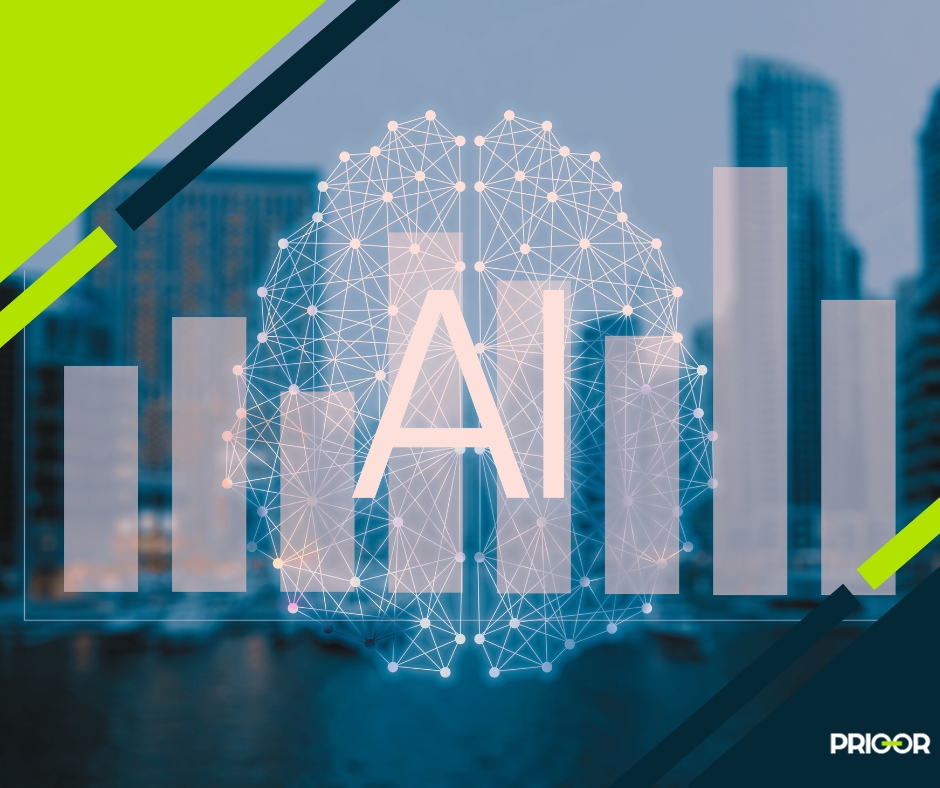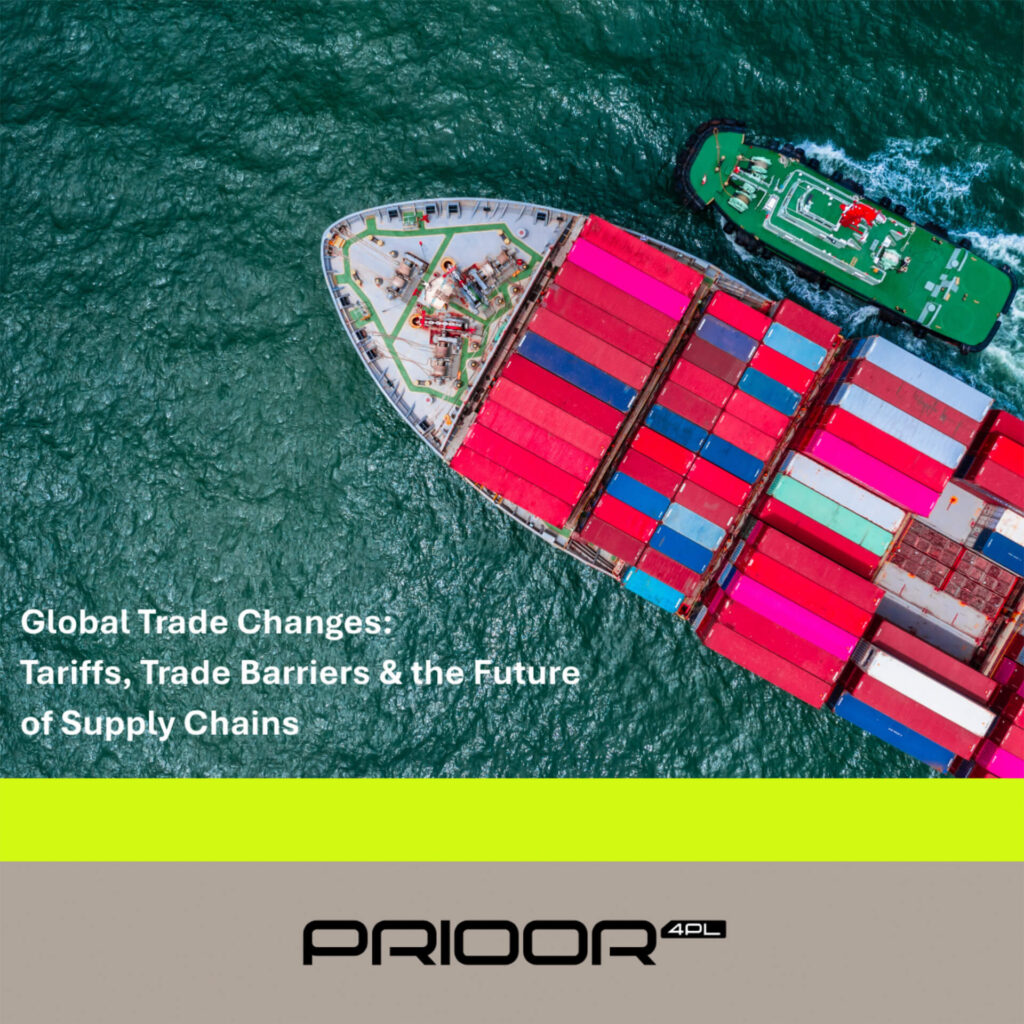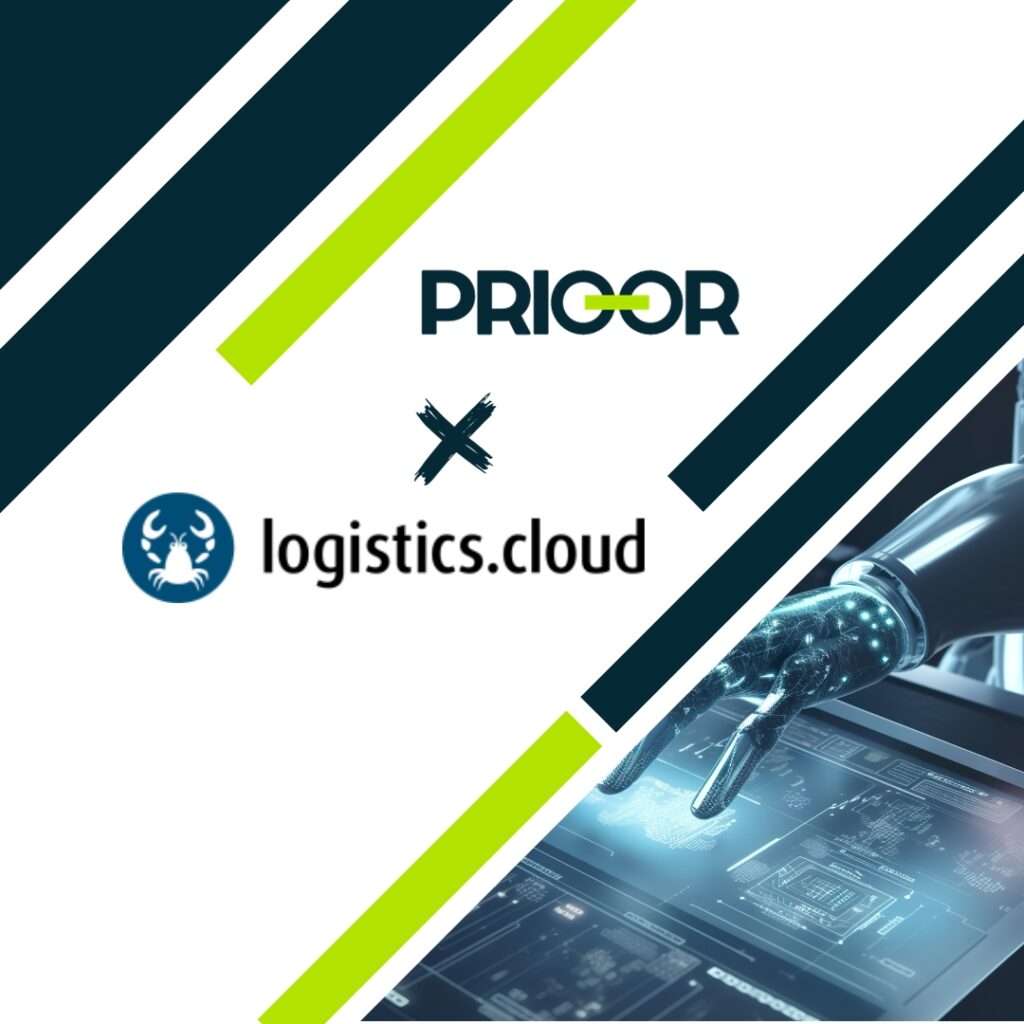AI and how will change our life is a hot topic in every industry. But how AI is shaping the future of logistics?
The integration of AI technologies is not just a passing trend, but a strategic decision to navigate the complex challenges of the logistics industry.
1.
Route Optimization and Planning
- AI algorithms, powered by machine learning (ML), analyze historical and real-time data on traffic patterns, weather conditions, and road closures to dynamically optimize delivery routes
- Predictive analytics consider various factors, such as time of day and historical data, to minimize fuel consumption and transportation costs
2.
Demand Forecasting
- Fortschrittliche KI-Modelle analysieren große Datensätze, einschließlich historischer Verkaufsdaten, Markttrends und externer Faktoren, um die künftige Nachfrage genau vorherzusagen.
- Eine verbesserte Nachfrageprognose führt zu optimierten Lagerbeständen, geringeren Fehlbeständen und einer besseren Zuweisung von Ressourcen.
3.
Warehouse Automation
- Advanced AI models analyze large datasets, including historical sales data, market trends, and external factors, to predict future demand accurately
- Improved demand forecasting leads to optimized inventory levels, reduced stockouts, and better allocation of resources
4.
Real-time Tracking and Visibility
- IoT sensors and RFID technology provide real-time visibility into the location and condition of goods throughout the supply chain
- AI analyzes this data to identify potential issues, allowing for proactive decision-making and communication with stakeholders
5.
Chatbots and Virtual Assistants
- AI-powered chatbots and virtual assistants enhance customer service by providing instant responses to queries, tracking shipments, and offering personalized assistance
- Natural Language Processing (NLP) enables more human-like interactions, improving customer satisfaction
6.
Risk Management and Security
- AI analyzes a variety of data sources, including geopolitical events, weather forecasts, and historical disruption patterns, to assess and mitigate risks
- AI-driven security systems use image recognition and anomaly detection to enhance the security of shipments
7.
Supply Chain Visibility and Collaboration
- AI enables end-to-end visibility, fostering better collaboration among supply chain partners
- Shared platforms using AI-driven analytics facilitate data-driven decision-making and improved coordination
8.
Dynamic Inventory Management
- AI continuously analyzes real-time data to optimize inventory levels, considering factors like seasonality, trends, and demand fluctuations
- Automated reorder systems, guided by AI, minimize stockouts and excess inventory, improving overall supply chain performance
9.
Customs and Compliance
- AI assists in navigating complex customs procedures by processing and interpreting vast amounts of regulatory information
- AI-powered compliance checks help ensure adherence to international trade regulations, reducing the risk of delays and penalties
As AI technologies continue to evolve, logistics companies stand to benefit from more intelligent, adaptive, and efficient supply chain operations. Adopting these technologies strategically will be crucial for staying competitive in the ever-changing logistics landscape.







